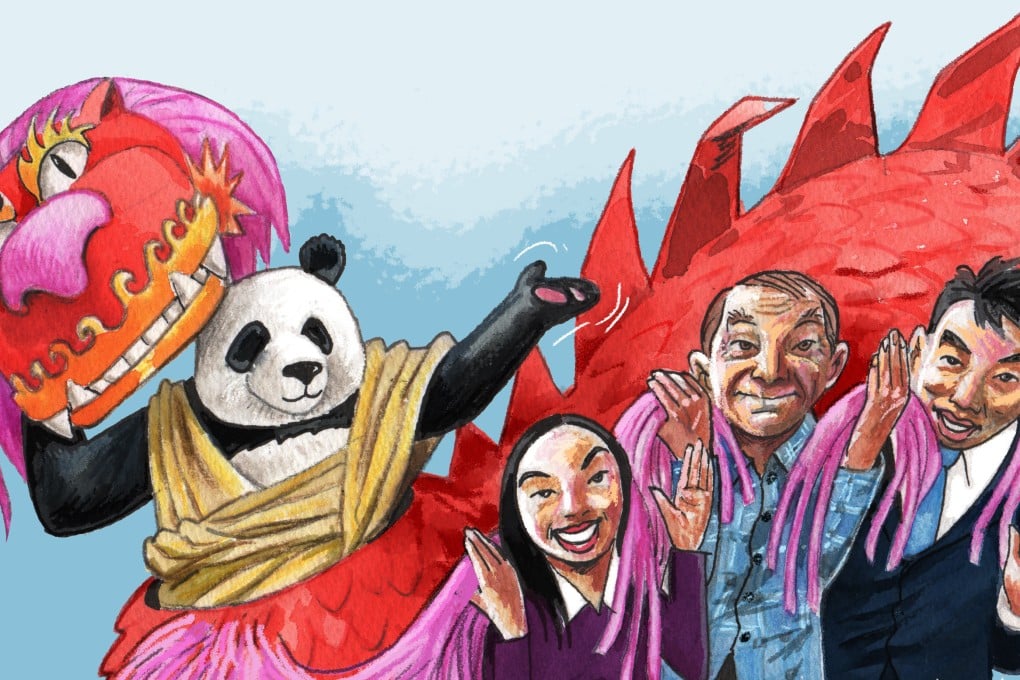Opinion | How China can borrow from Aristotle’s art of rhetoric to tell its story better
- Facts and figures are important, but China’s story cannot be told in terms of GDP and bilateral trade alone
- An effective way to boost credibility and emotional pull is to let diverse voices tell stories about China, forming a rich, eclectic non-governmental discourse

We’ve come a long way since the writer Lu Xun bemoaned the plight of a “voiceless China” to an audience at the Hong Kong YMCA nearly a century ago. Today, China has built the world’s largest diplomatic network, a globe-spanning media organisation, and plays a prominent role in multilateral organisations.
The country is one of the world’s great developmental success stories and its handling of the pandemic has been remarkable by any measure.
What explains this gap between China’s achievements and its international image? Geopolitics, cultural differences and the West’s global media hegemony are surely part of the answer. China’s image is often coloured by misunderstandings, stereotypes or biased reporting.
For a guide in this endeavour, one could do worse than pick Aristotle. The Greek philosopher laid out principles that have shaped Western rhetoric since ancient times. His Rhetoric is one of the most important works ever written on the topic of persuasion.


